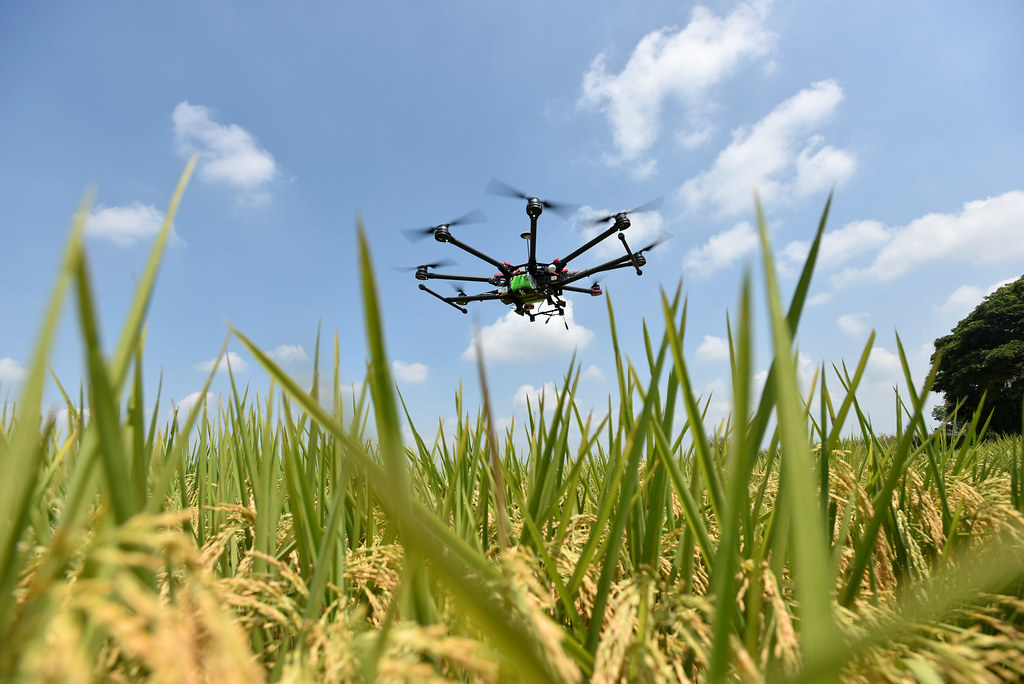-
RAAF
Contributing to the implementation of the Regional Agricultural Policy
RAAF Approach is essentially based on getting things done.
-
Thematics

Thematic areas
The implementation of the Regional Agricultural Policy (ECOWAP) is built around nine thematic areas.
-
Projects
- Renforcement des capacités pour la mise en œuvre de l’ECOWAP en Afrique de l’ouest
- At the end of PRAPS-1, which achieved significant progress in relation to most of the issues relating to animal health, sustainable management of rangelands and pastoral resources, livestock trade, and prevention and management of pastoral crises, the Wor
- Fruit flies are a major problem for the horticultural sector in West African countries. They destroy 50 to 80% of fruit production.
- The Global Climate Change Alliance Plus (GCCA+) is the second phase of an initiative of the same name launched by the European Commission in 2008
- West Africa is one of the most vulnerable regions in the world.
- Renforcement des capacités pour la mise en œuvre de l’ECOWAP en Afrique de l’ouest
- West Africa is facing three major challenges: (i) structural food and nutritional insecurity, (ii) the effects of climate change (droughts, aridity, floods, etc.), (iii) salinization and physico-chemical degradation of agricultural land.
-
News
Follow our news and events
-
Resources
Contents
More information on our work.
-
Multimedias
Interaction
Audio-visual based communication
-
Opportunities
Get Involved
- Portals
Local storage is an integral part of the overall regional food security storage strategy in West Africa. Capacity building and professionalisation of stakeholders remain a priority for ECOWAS.
Food storage is a very old practice in rural areas to cope with lean periods and climatic risks marked by acute food shortages, on the one hand, and to provide market opportunities in surplus areas, on the other hand. Faced with the multiple shocks (climatic, security, economic, etc.) leading to serious increase in the number of vulnerable populations, ECOWAS adopted in 2012 a regional food security storage strategy, an effective mechanism for responding to food, nutrition, and pastoral crises. This system is based on coordination and complementarity between local stocks, national public stocks, and the Regional Food Security Reserve.
In this storage system, local stocks, which represent the first line of defence against food and nutrition crises, play a key role in the provision of food to better deal with lean periods. They supply for people affected by food and nutrition shortages through availing physical stocks.
As part of the consolidation of this first line of defence against food crises, a process undertaken since 2019 and involving all stakeholders in the food system, has made it possible to develop regional reference frameworks on local storage, good practice manuals that respond to the need to strengthen the capacities of producer organisations (POs) to truly place them in their role of first line of defence. POs, which are actors in local storage in surplus areas, constitute one of the main sources of supply for other lines of defence, such as national storage bodies.
The next steps in this process will be the appropriation and the use of the local storage Memento by POs, the adherence to the commitments in the storage Charter and the implementation of the planned activities in the action plan with the support of the multi-stakeholder framework for local storage. This involves POs, governments, crises prevention and management mechanisms, regional organisations, and institutions - specifically the Regional Food Security Reserve - and the international Community partners.
